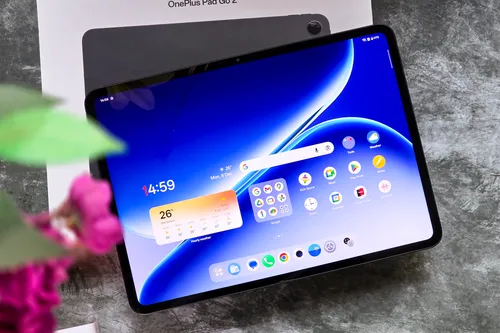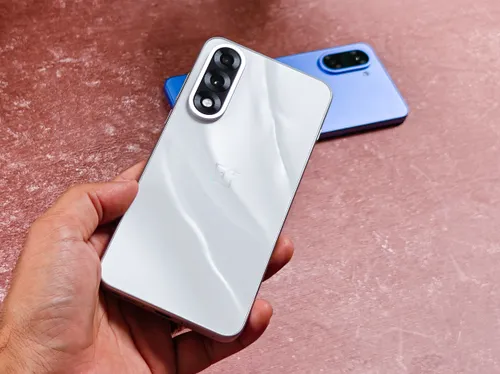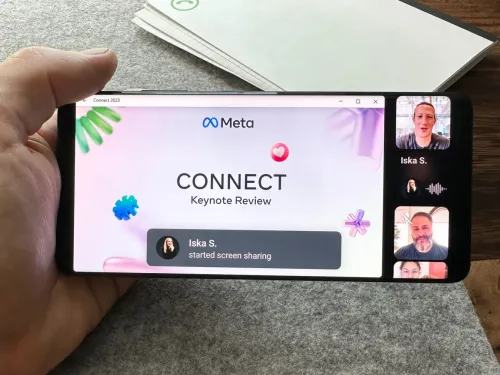
WhatsApp now allows screen-sharing during video calls. R.I.P. Google and Zoom
Your college professor is suddenly very happy uninstalling that neuron-annihilating piece of software thingmajig called Google Meet or Zoom. For the rest of us, well, the world has always been cruel.

Indian government restricts all laptop imports. What that means for an average buyer?
This is not an outright ban. You can still get your aunt to bring you a MacBook or iPhone from the US. The restriction applies for business imports on a large scale.

Tinder is launching a $500 monthly plan for the horny rich without rizz
If you are rich and single, Tinder Vault will find you a beloved for just $500 per month. Who said money can't buy you everything?
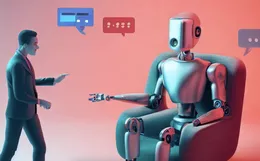
Meta — the lord of all things bad online — is prepping a whole bunch of AI chatbots with different personalities
Meta is making AI chatbots. A whole bunch, actually. One talks like Abraham Lincoln. The other one can help you with travels. Lord help us all!
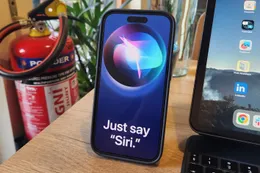
Your pricey new iPhones might finally look somewhat different in 2023
The iPhone 15 Pro will trim the black borders around the screen. Apple is also putting a pill-shaped dot on the cheaper iPhones’ screen. Apple is feeling generous. The world is healing. We’re still too poor to afford one!
Google Search could be smothering your creativity
A Carnegie Mellon University study reveals starting your brainstorming process with Google can be detrimental to the group's creativity.
Teams relying much on search engines often produced inundatingly same, less original ideas due to a cognitive bias called "fixation effect," where seeing popular answers converges our thought process instead of diverging it.

While individuals weren't necessarily dumber with Google, groups of Google users seemed to get stuck in a rut, often coming up with the same common ideas, sometimes even in the same order! Talk about a copy-and-paste creativity crisis.
"This appears to be due to the fact that Google users came up with the same common answers, often in the same order, as they relied on Google, while non-Google users came up with more distinct answers," explained lead author Danny Oppenheimer.
EDITORS' PICKS

